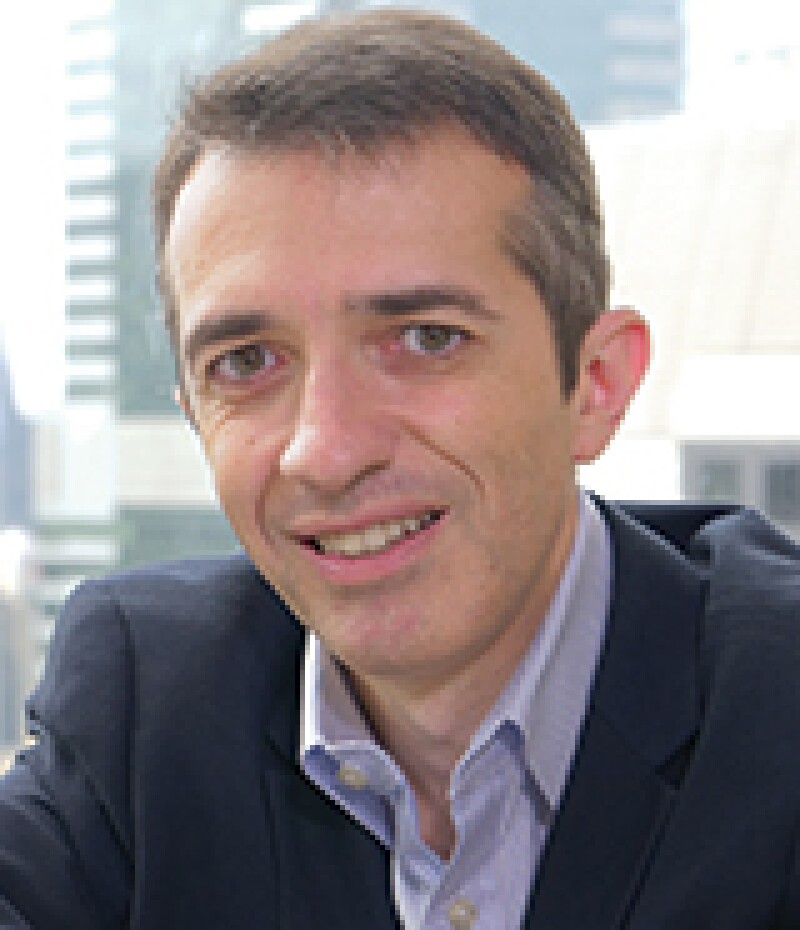

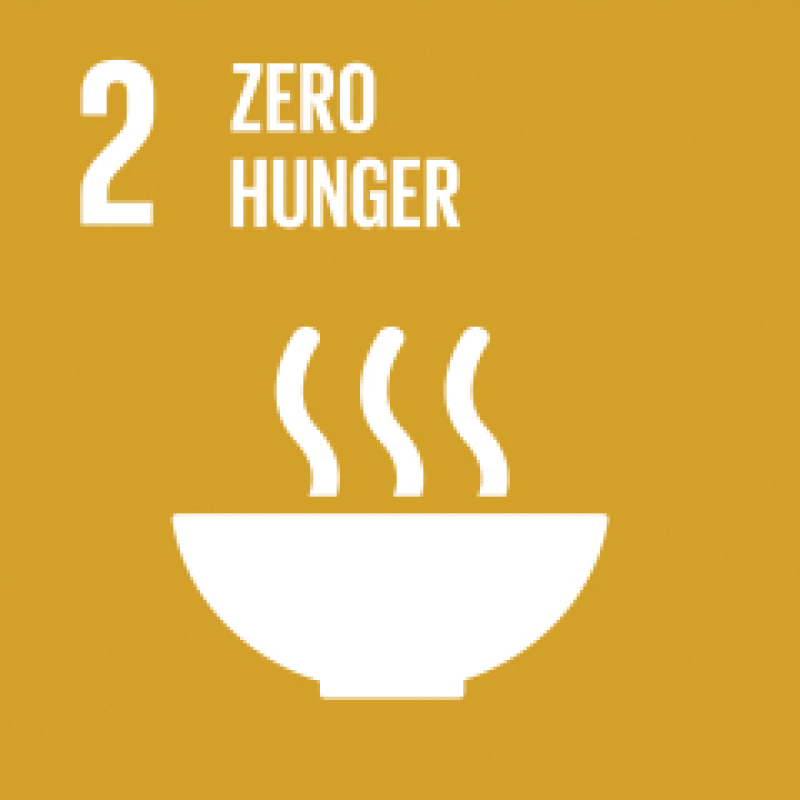

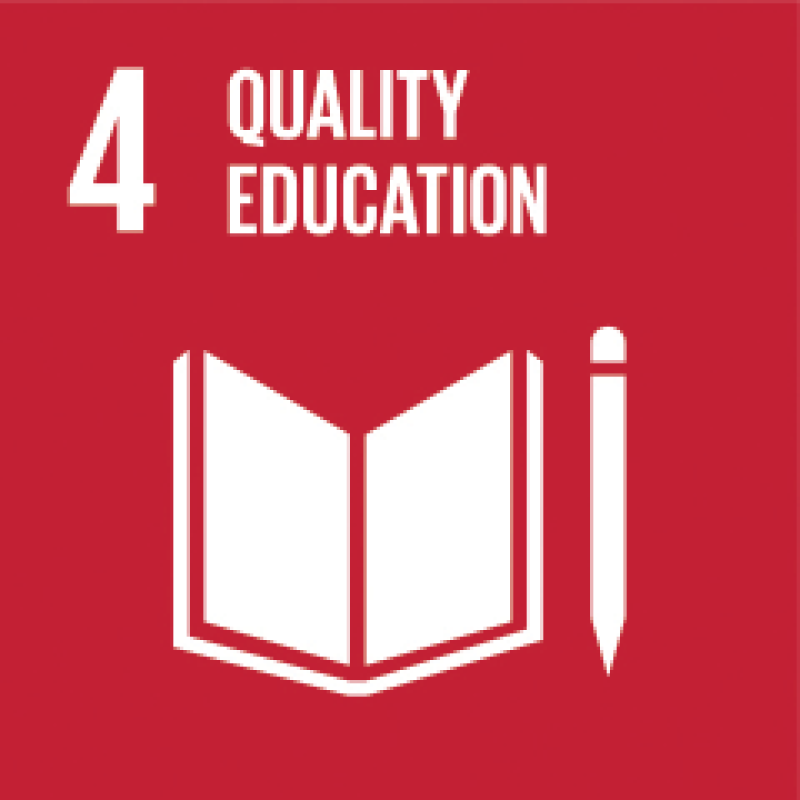








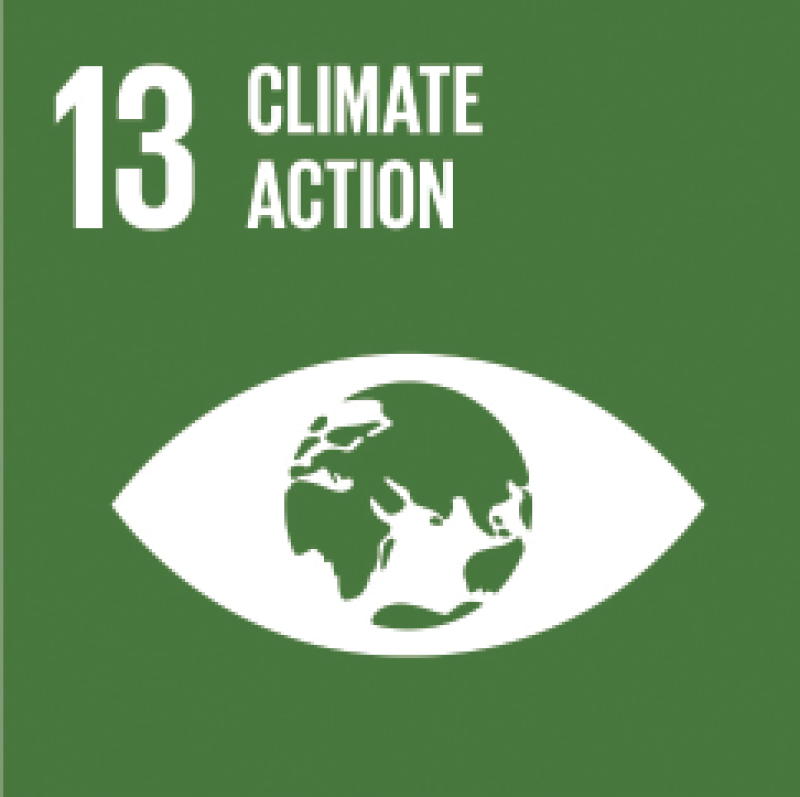

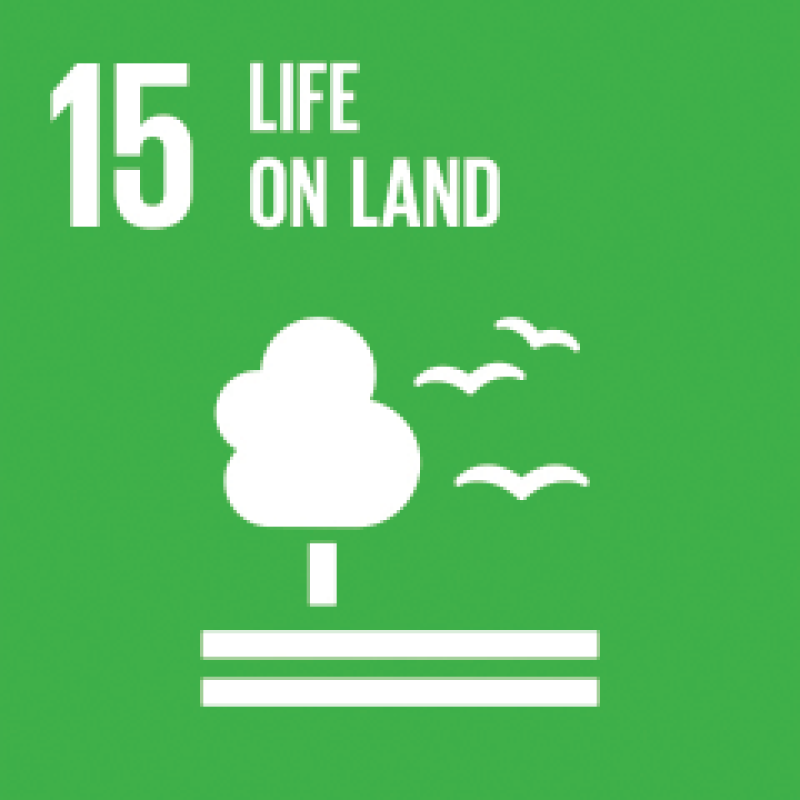


“Through the course of my personal life I launched a not-for-profit organization and committed to countless causes, yet I started to feel a lack of purpose. The majority of my day was simply not meaningful enough to me, even if intellectually challenging,” says Duteil.
In 2014, BNP Paribas was hiring for a new position to head corporate social responsibility for the Americas and Duteil convinced the bank that despite his background, a trader’s mindset could be an asset.
“At the time, CSR in an investment bank was primarily thought of as a social and environmental risk function, or as a platform to promote good citizen behaviour, but I believed that bankers could bring even more to society,” he says. “Banks build the bridges between capital and projects; they therefore have a unique opportunity to connect purposeful capital with impactful projects. Furthermore, investment bankers are wizards of risk transformation. They are in a position to structure liquidity-risk-return profiles that can make impact investing financially acceptable to retail investors.”
Duteil saw from his previous role that there needed to be a change in mindset about how to engage with corporates on sustainability.
“As bankers, we mostly speak to treasurers, but we are often not fully aware of their firm’s core sustainability strategy,” says Duteil.
“You could be committed to financing clean energy and missing that Apple, Google or Amazon, to name a few, are actually among the largest corporate investors in clean energy. To create further value for our clients, society and ourselves, we needed to embed sustainability as a value proposition in every relevant business line from the ground upward. We had to be innovative and proactive beyond solely analyzing companies’ environmental and social practices.”
With the support of BNPP’s senior management, Duteil knew that he could trigger a behavioural shift by starting a grassroots movement.
“We had 4,500 employees in the US and, according to the law of innovation diffusion, a 16.5% adoption rate is needed to create a self-propelling movement,” he says. “That meant I needed to convince 750 people – or rather I needed to convince 100 to 200 people and let them convince the other 500.”
If you want to change the world, it will have to be through your job, because this is where you are 10 hours a day - Hervé Duteil
So he launched what he dubbed “the CSR Business School”, which is now legendary among those who attended. It was a month-long course that Duteil ran for 160 employees with case studies he himself created, daily introspective tweets and mock scenarios that forced them to reconnect with what really matters in life.
“Everyone wants their life to be meaningful and I am convinced that every single employee entered the workforce with a dream to leave behind a positive impact on society,” says Duteil. “But people also tend to quickly forget their inner dreams.”
The programme was designed to get people to realize what Duteil had himself understood.
“If you want to change the world, it will have to be through your job, because this is where you are 10 hours a day – so what can you do in your line of work to achieve that?” he asks. “It was very intense, but it created a lot of interest and passion, leading many to rethink how they could make a difference through their work. That genuineness sparked creativity.”
That motivational groundswell has spread throughout BNPP in a few years, transforming the bank into a sustainable finance leader that has created innovative structures that are now influencing the industry in every region.
Under Duteil, BNPP has worked on a social impact bond in the US that ties financial returns to the success of a programme aimed at decreasing opioid addiction in Connecticut. It will soon announce a similar structure that uses proceeds to support unemployed veterans suffering from post-traumatic stress disorder.
In the UK, BNPP has worked with L&Q, a regulated charitable housing association, to help issue a new credit facility of £100 million tied to social outcomes. In France, the bank has been prominent in the structuring of positive incentive loans, such as the €2 billion environmental, social and governance criteria-linked revolving credit facility for Danone, as well as creating products that channel retail private-sector money towards the achievement of the United Nations’ Sustainable Development Goals.
In Asia, the bank spearheaded the Tropical Landscape Finance Facility to develop a natural rubber plantation and ultimately create 16,000 jobs for local communities. In Brazil, it has developed a philanthropy kicker note to promote sustainable giving to cancer treatment.
But leading is not only about creating new products, says Duteil. Difficult decisions also need to be made. BNPP said a year ago, for example, that it would no longer do business with companies whose primary business activity is connected with oil and gas from shale or oil from tar sands.
“ Such choices sometimes mean losing business, but as a bank we have a responsibility to be consistent,” says Duteil. “That requires courage and creativity. This is what we have to aim for as an industry if we truly want to solve the world’s most pressing challenges.”
UN Sustainable Development Goals: The keys to responsible banking?
These are the areas that the United Nations says banks need to consider when accepting their responsibilities in shaping and financing a sustainable future.


















See more impact banking champions

